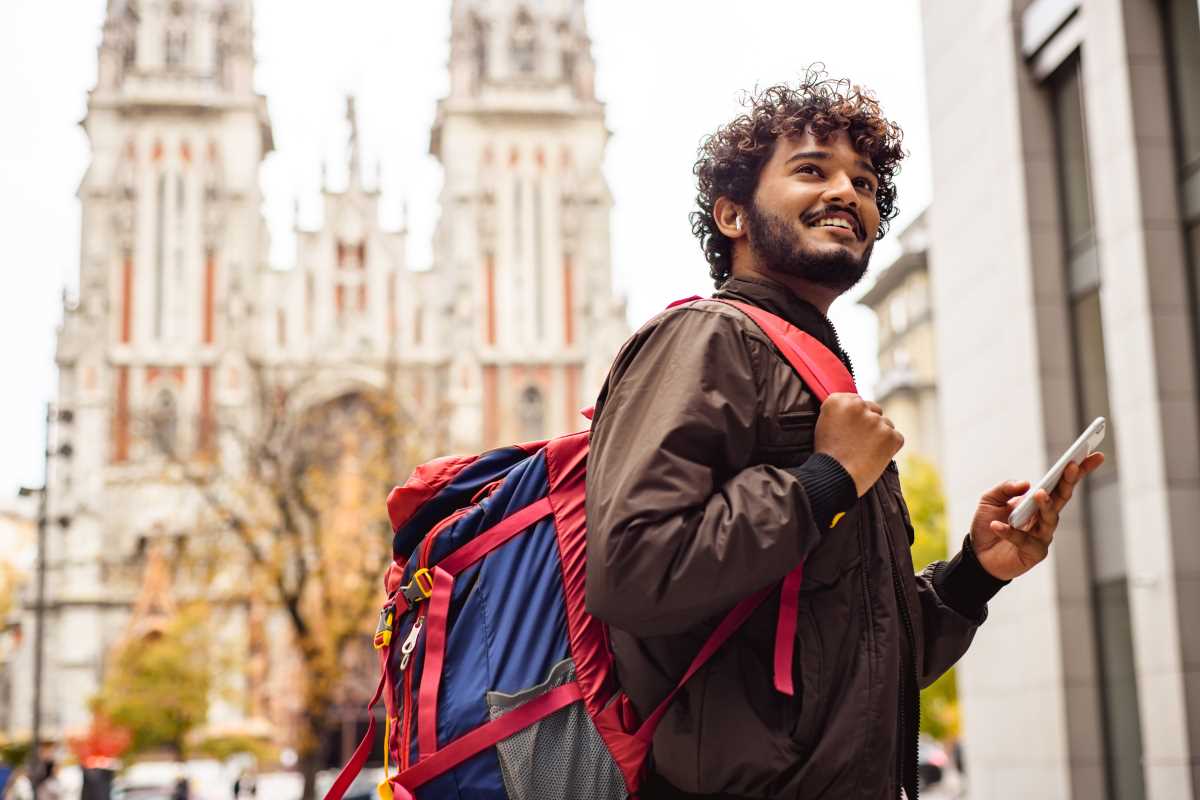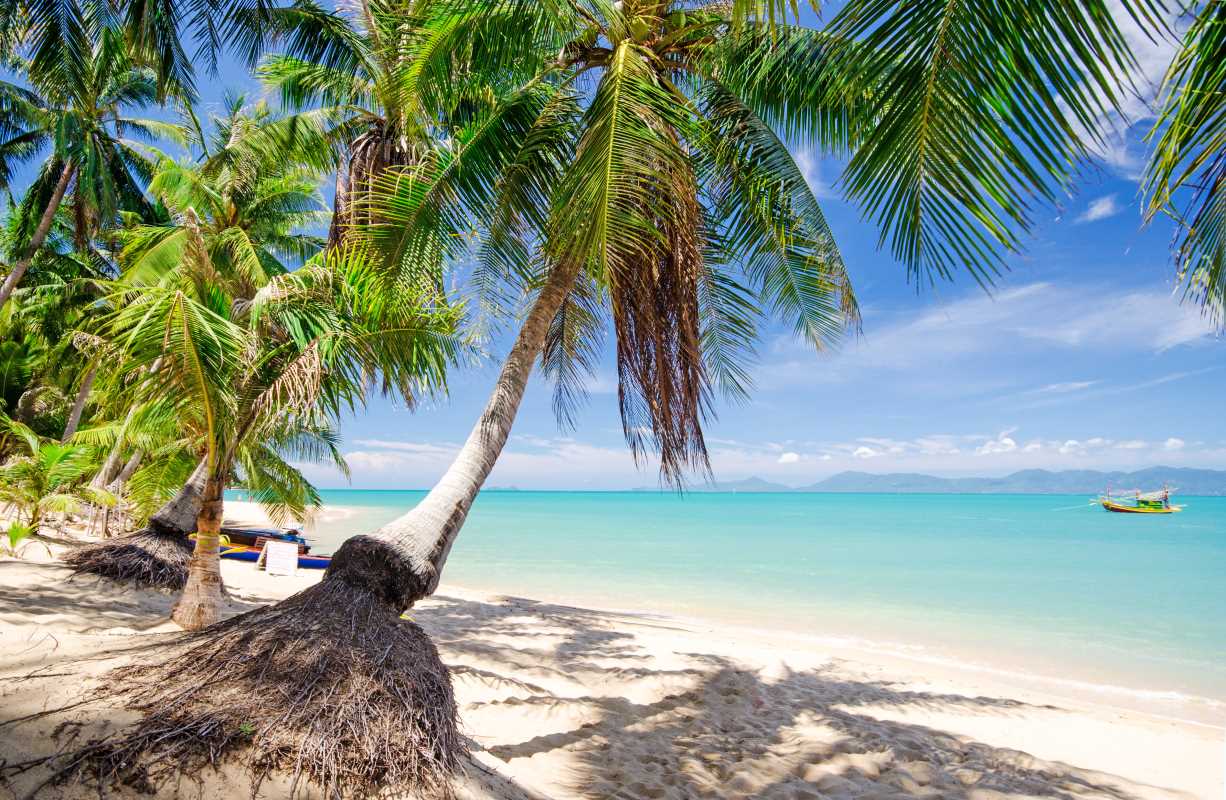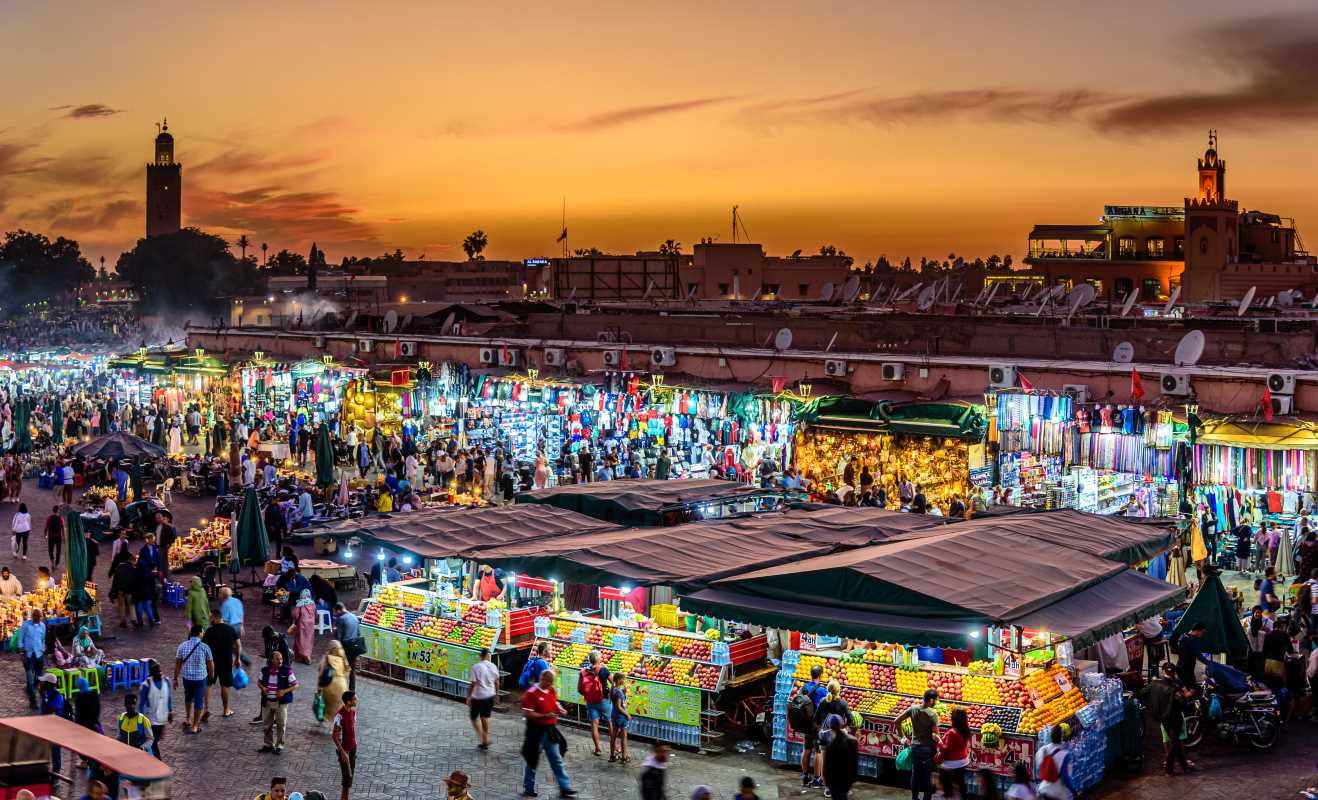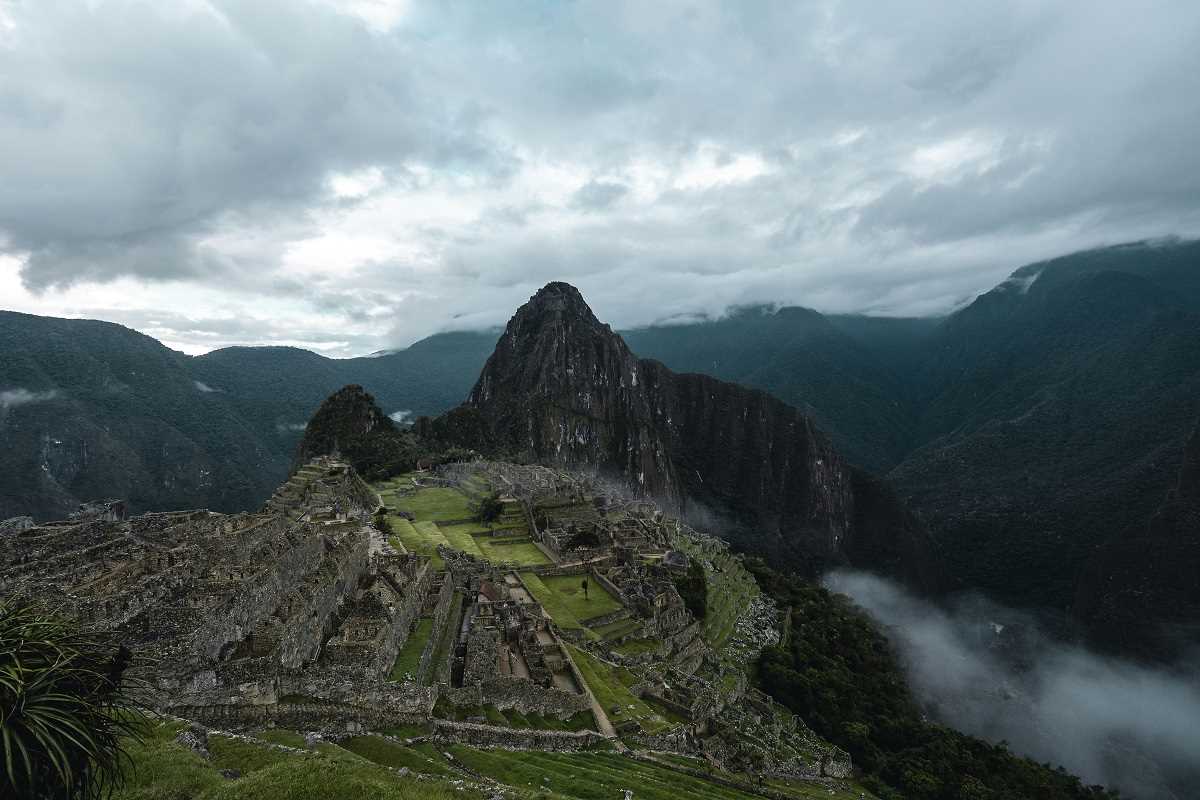Morning mist drifts through a handcrafted wooden lodge, inviting you to wake to the sounds of distant birdcalls as sunlight filters through the trees. This unique lodge stands as more than just a place to rest; it offers a direct connection to the heart of the region, reflecting the skills of local artisans and the spirit of the surrounding community. Choosing an eco-lodge built within indigenous landscapes over standard hotel chains opens the door to real cultural connection, where each stay supports local traditions and minimizes environmental impact. Every moment spent here reveals the rich tapestry of the area’s heritage and natural beauty.
A stay in an eco-lodge can feel like an invitation into local life, whether that means learning traditional weaving methods, foraging for seasonal ingredients, or gathering around a communal fire to share folklore. You’ll leave behind rote itineraries and instead immerse yourself in place-based practices that respect natural rhythms. Let’s explore how these culturally driven sanctuaries renew the essence of slow, mindful travel.
Why Cultural Immersion Feels Unexpectedly Refreshing
Choosing an eco-lodge that emphasizes local heritage challenges greenwashing—it goes beyond ticking sustainability boxes and into shared heritage. You connect with a region through hands-on workshops, taste regional dishes fresh from community gardens, and support preservation of ancestral craftsmanship. This tight-knit approach elevates responsible travel into a two-way friendship rather than a transactional stay.
Forget flashy marketing jargon; these retreats grow from community needs. You witness real-world benefits as villagers maintain traditional architecture, ancestral land gets protected, and cooperative-run kitchens serve three generations of family recipes. By turning up as guest and student, you help local economies radiate energy long after check-out.
Top-Ranked Cultural Retreats
- Lapa Rios Lodge – Costa Rica rainforest reserve
- Activities: canopy trails under a veterinarian-guided wildlife survey
- Rates: from ~$350 per night (includes three meals)
- Insider pick: sunrise birdwatching trek (limited to 8 visitors daily, rare quetzal sightings)
- El Choro Homestay – Andean highlands
- Activities: hands-on weaving workshops led by Quechua artisans (alpaca fiber into vibrant textiles)
- Rates: ~$45 per night in community-run dorms (proceeds fund school supplies)
- Pro tip: arrive on weaving market day (cooperatives unveil experimental dyeing techniques)
- Bamboo Grove Retreat – Bali coastal preserve
- Features: elevated bamboo villas powered by solar panels
- Activities: cooking classes using seaweed harvested by local fishers
- Rates: ~$220 per night (includes three-course seafood dinners)
- Savvy traveler tip: request a sunset paddleboard lesson with traditional blessing ceremonies
- Mawimbi Beach Lodge – Kenyan coastline
- Activities: turtle conservation + Swahili storytellers after dusk
- Rates: from ~$180 per person (covers guided patrols)
- Insider suggestion: pack reef-safe sunscreen for early-morning nest surveys (turtle hatchling releases)
- La Isla Ecolodge – Amazon basin
- Activities: medicinal-plant identification treks with native healers
- Rates: from ~$260 per night (includes guided night safaris)
- Expert recommendation: book a moonlit canoe outing (nocturnal frogs and insects create a living symphony)
Plan Your Stay with Local Flair
Moving from browsing websites to packing a bag involves details that go beyond basic travel checklists. Focus on timing, seasonal rhythms, and small courtesies that make cultural stays more than just scenic pit stops.
Follow these tips to prepare without missing meaningful interactions:
- Map out the local calendar: Check village festival dates and agricultural cycles before booking to avoid arriving during busy harvest seasons when community members may not host workshops.
- Pack lightweight gifts: Bring small tools or fabrics that artisans can use in craft sessions—this fuels goodwill and sparks collaboration on co-creative projects.
- Learn basic phrases: Memorize key greetings in the regional language to show respect and unlock deeper conversations with families running the lodge.
- Arrange flexible transport: Secure local guides who know unmarked jungle trails, since public shuttles often avoid narrow roads that lead to hidden eco-sites.
- Respect meal rituals: Ask about communal dining customs, such as handwashing stations or blessing chants, and follow local hosts’ lead instead of defaulting to familiar table manners.
Maintain Connections Beyond the Stay
After leaving the eco-lodge grounds, keep friendships alive by following artisan cooperatives on social media or signing up for post-trip craft boxes they offer. This ongoing support keeps your connection strong and benefits local livelihoods long after you return home.
Remember, every souvenir you buy can tell a story—choose items with clear provenance statements, so you honor the creative process from raw material to final product. In doing so, you protect traditions and craft a travel story with genuine depth.
Choose cultural eco-lodges and prepare thoughtfully to engage with local communities. Hands-on exchanges, from shared meals to workshops, enrich both you and your hosts. This experience becomes the highlight of your journey.
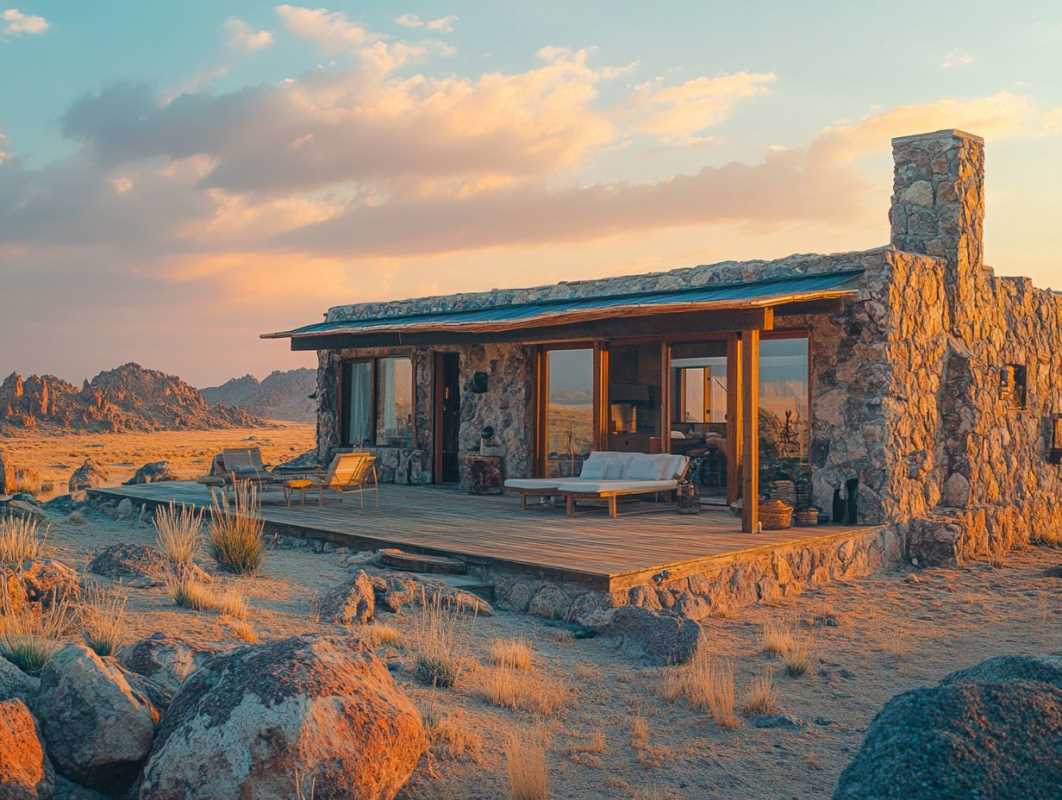 (Image source: Midjourney)
(Image source: Midjourney) 

